Executive job interviews can be challenging, but with the right preparation, you can stand out.
Think of this interview as a chance to showcase your leadership skills and professional achievements.
The key is to convey confidence and competence while being genuine.
Research thoroughly about the company and the role you are applying for.
Knowing the company’s goals and how you can contribute will impress your potential employers.
Create a list of your key strengths that align with the job’s requirements.
Practice discussing these strengths in a clear and concise manner.
Another important aspect is practicing common executive interview questions.
Prepare thoughtful responses and examples from your past experience.
This will help you speak more naturally during the actual interview, demonstrating that you are the best fit for the executive role.

Understanding the Role
To excel in an executive job interview, you need to know the job inside out.
This means analyzing the job description and understanding the industry.
Job Description Analysis
Study the job description carefully.
Look for key responsibilities, required skills, and experience.
This tells you what the company expects and how you can match their needs.
Make a list of the main duties.
Highlight your relevant experiences and achievements that relate to these tasks.
This will help you prepare concrete examples to discuss during your interview.
Check for any special requirements such as certifications, technical skills, or language proficiency.
If you have these, be ready to talk about them.
Industry Research
Know the industry like the back of your hand.
Understand the trends, challenges, and opportunities.
This shows you are not just interested in the job but also in the field.
Follow industry news and read reports.
Websites, journals, and market analyses can be very helpful.
Familiarize yourself with the major players and what sets them apart.
Identify the company’s competitors and their market position.
Knowing this allows you to discuss how you can contribute to the company’s strategic goals.
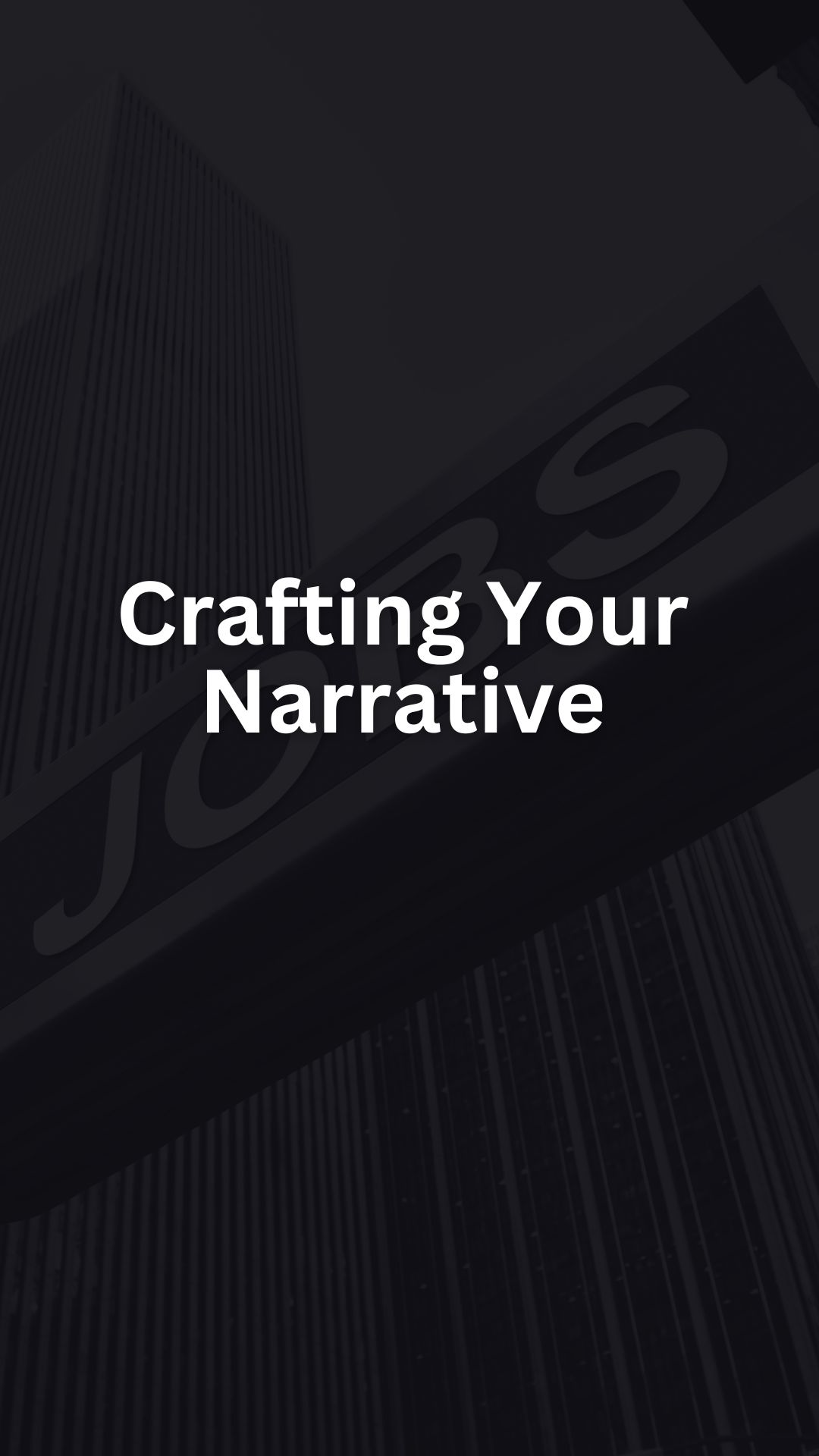
Crafting Your Narrative
Your narrative helps showcase your professional story and achievements, making a strong case for why you’re the right fit for an executive role.
Professional Journey
Outline your career path with clear milestones.
Start with your education and early roles.
Highlight key positions and promotions that show your growth.
Include any industry changes or shifts in your career focus.
Use specific examples to illustrate your progression.
For instance, mention if you led a major project or transformed a department.
This paints a vivid picture of your journey and achievements.
Keep it direct and stick to the important points that demonstrate your development and expertise.
Key Achievements
Focus on your most impressive accomplishments.
Use numbers and results to give your achievements context.
For example, state how much you increased sales or improved efficiency.
This gives a measurable impact of your work.
Create a bulleted list if needed to make it easy to read.
Be concise yet detailed, showing how your contributions benefited your previous employers greatly.
Highlighting these successes will underscore your ability to deliver results in the executive role.

Document Preparation
To ace your executive job interview, you need to polish your resume, tailor your cover letter, and compile strong references. These steps will help you present your best self to potential employers.
Resume Polishing
Start by updating your resume with your latest job experiences and achievements.
Focus on highlighting accomplishments that align with the executive role you’re applying for.
Use action verbs to describe your responsibilities and achievements.
Examples of action verbs:
- Led
- Developed
- Implemented
Ensure your resume is clear and concise. Use bullet points to organize information.
Keep it to one or two pages. Remove outdated or irrelevant information.
Include any leadership roles you’ve held, and quantify achievements with numbers whenever possible.
Cover Letter Tailoring
Write a cover letter specific to each job you’re applying for.
Address it to the hiring manager by name if possible.
Mention the company’s mission and how your skills and experience align with their needs.
Show enthusiasm for the role and the company.
Key Elements to Include:
- Introduction stating your interest
- Paragraph on relevant experiences
- Explanation of why you’re a good fit
- A closing statement showing eagerness to discuss further
Keep your cover letter to one page.
Use a professional tone but let your personality shine through.
Avoid generic phrases and make it personal and compelling.
Reference Compilation
Compile a list of references who can vouch for your skills and experiences.
Choose people who have worked closely with you, such as former managers, colleagues, or mentors.
Get their permission before including them on your list.
Information to Include:
- Full name
- Job title
- Company
- Phone number
- Email address
Organize your reference sheet clearly.
Make sure to update your references on your job search progress, so they are prepared if contacted.
Provide them with a brief overview of the role you’re applying for to help them tailor their recommendation.
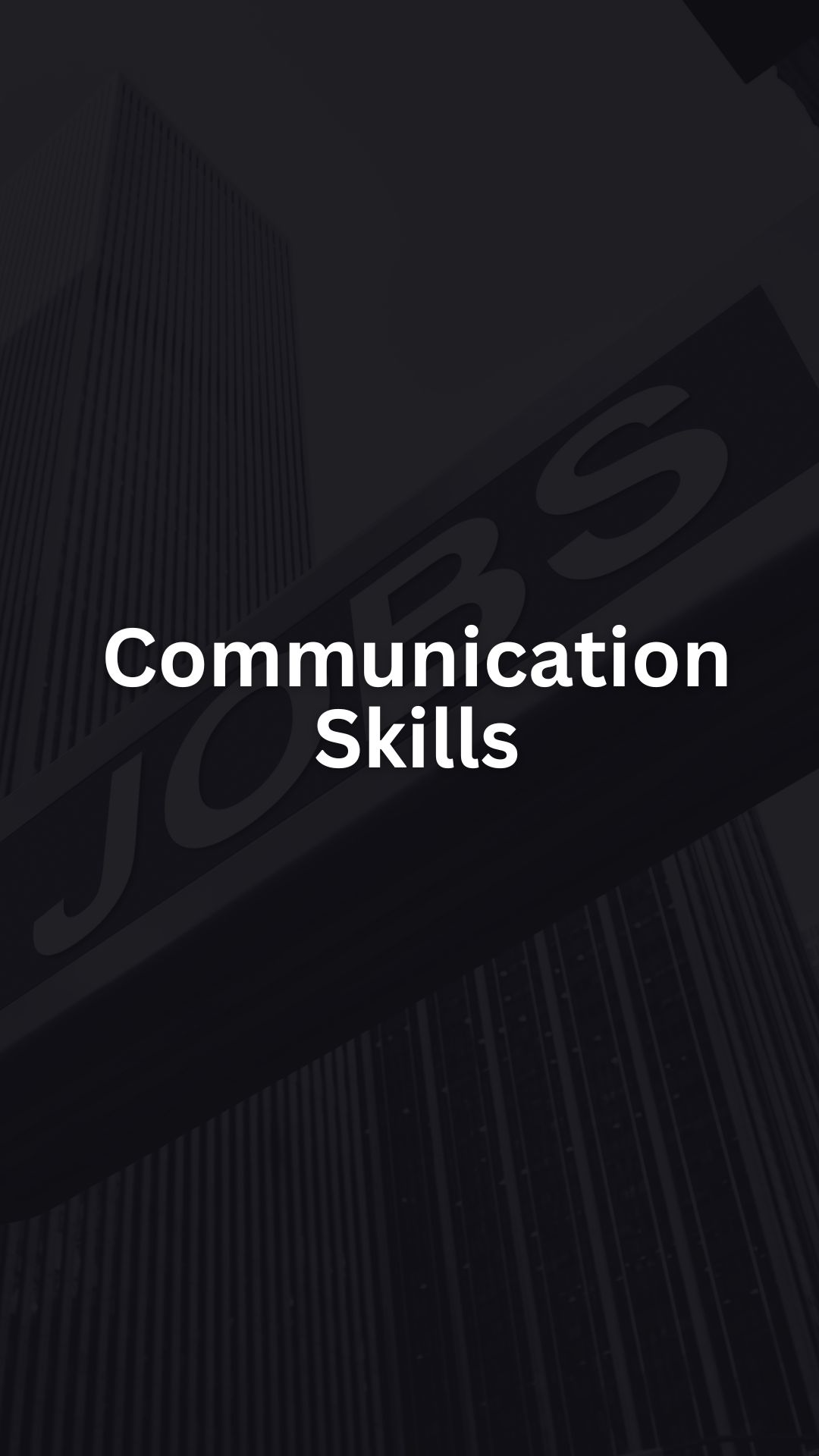
Communication Skills
To ace an executive job interview, it’s crucial to master both your verbal and non-verbal communication.
Focus on your body language, practice active listening, and ensure clear articulation of your thoughts.
Body Language
Your body language can say a lot about you.
Good posture shows confidence and professionalism.
Stand tall, sit up straight, and avoid slouching.
Make eye contact but don’t stare; it shows you’re engaged and sincere.
Be mindful of your hand movements.
Use them naturally to emphasize points, but avoid excessive gestures which can be distracting.
A firm handshake at the beginning and end of the interview leaves a strong impression. Smiling genuinely can help convey warmth and positivity.
Active Listening
Active listening is key in an interview. It shows respect and allows you to respond thoughtfully.
Nod occasionally to show you’re following along.
Maintain eye contact but take occasional breaks to avoid making the other person uncomfortable.
Avoid interrupting the interviewer. Let them finish their thoughts before you respond.
Paraphrase their questions or comments to show you understand.
For example, “So, you’re asking about my experience with project management, right?”
This not only clarifies but also gives you a moment to think before responding.
Clear Articulation
Speak clearly and confidently.
Practice speaking at a moderate pace, not too fast or too slow.
Enunciate your words, making sure each syllable is heard.
Avoid using jargon or overly complex words; keep your language simple and direct.
Prepare key points you want to highlight about your experience and skills.
Practice these points so that you can discuss them fluently.
If you need a moment to think, it’s okay to pause briefly.
This can actually make you appear more composed and thoughtful.
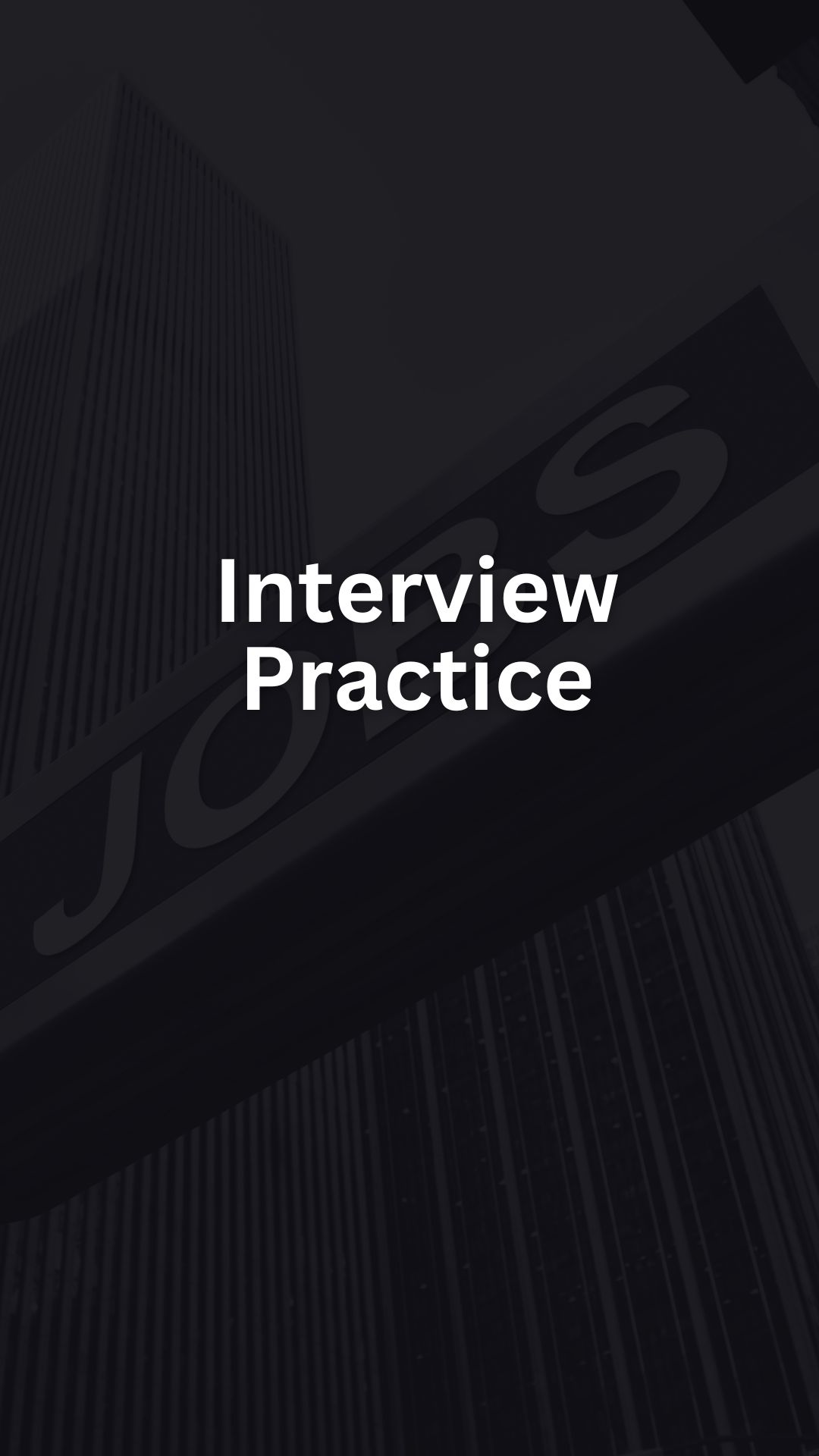
Interview Practice
Get ready for your executive job interview by practicing with mock interviews and structuring your answers well. These steps can help you build confidence and communicate effectively.
Mock Interviews
Doing mock interviews with a friend or colleague really helps.
Choose someone who can give you honest feedback.
They should act as the interviewer, asking you tough questions you might face.
Prepare a list of potential questions related to the executive role.
Practice your responses to each one.
Pay attention to your body language, eye contact, and tone of voice.
Record the mock interview if possible.
This lets you review and spot areas for improvement.
Focus on parts where you hesitated or seemed unsure.
Practice more until you are comfortable.
Answer Structuring
It’s crucial to structure your answers clearly and logically.
The STAR method (Situation, Task, Action, Result) is very useful.
Start with describing the situation and the task, then discuss the actions you took and the results achieved.
Keep your answers concise. Avoid rambling.
Use bullet points if that helps you stay focused.
Highlight key achievements and quantifiable results.
Be specific about what you did and how it benefited the company.
Practice structuring answers to common leadership questions, such as handling a team conflict or implementing a new strategy.
Strong, structured answers show your problem-solving skills and thought process.
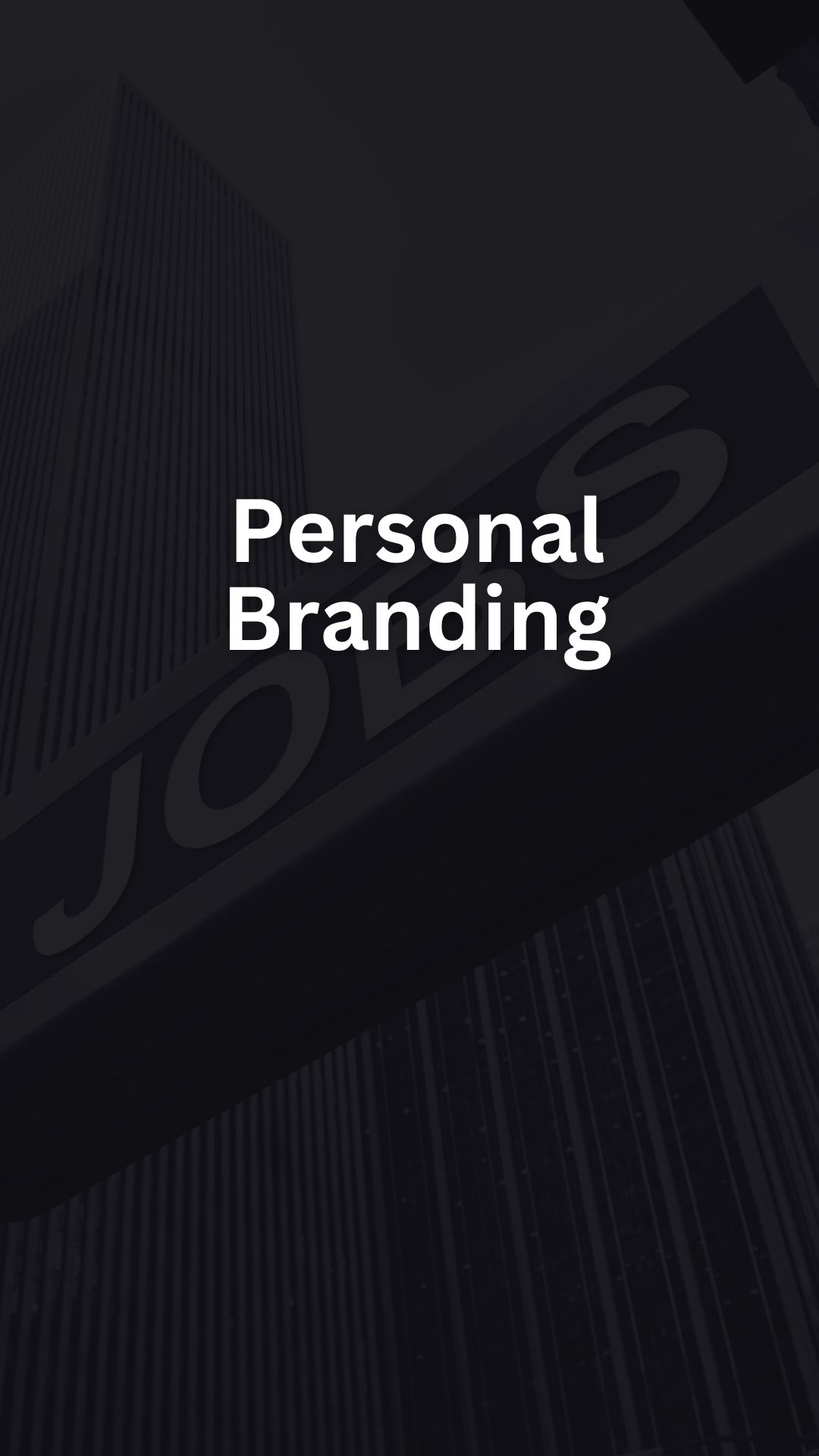
Personal Branding
Personal branding is key to standing out in an executive job interview. You need to present a strong online presence and a compelling personal pitch.
Online Presence
Ensure your LinkedIn profile is up-to-date and reflects your career achievements.
Connect with industry leaders and share insightful content.
Post articles and updates to show you are active in your field. Make your profile picture professional.
Clean up social media. Remove any posts that could be seen as unprofessional.
You want potential employers to see a consistent and positive image when they search for you online.
Consider starting a personal blog or website.
Share your thoughts on industry trends and showcase your expertise.
This platform adds to your credibility and can impress interviewers.
Personal Pitch
Your personal pitch should be clear and concise.
Focus on your unique strengths and experiences.
Practice your pitch so you can deliver it confidently.
Explain what makes you different from other candidates.
Use real examples of your achievements.
Highlight how your skills can benefit the company you are interviewing with.
Keep it short and focused.
Tailor your pitch for each interview.
Research the company and align your strengths with their needs.
This shows you are genuinely interested and have done your homework.
Always be prepared to adapt your pitch based on the flow of the conversation.
Stay confident and let your personality shine through.
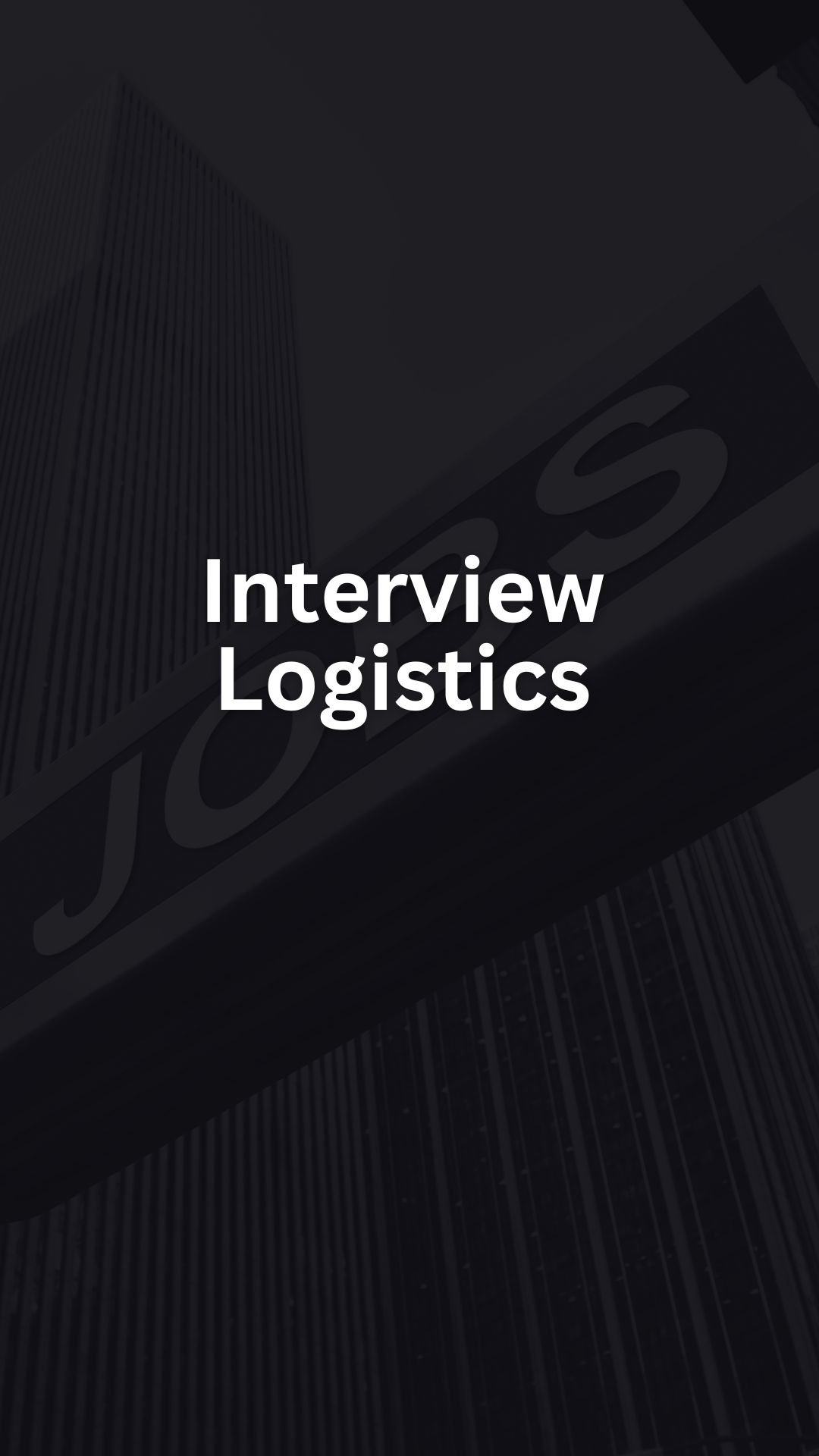
Interview Logistics
Being prepared for the logistics of your executive job interview is crucial. This ensures you arrive on time and ready to impress.
Travel Arrangements
Plan your travel carefully.
If flying, book your flight early to get the best deals.
Choose a flight that arrives well in advance of your interview to avoid any potential delays.
If driving, use a reliable GPS app and plan your route. Consider traffic patterns and road construction.
Have a backup plan.
For example, if you’re driving, know where the nearest parking is.
If using public transport, check for any scheduled maintenance or delays.
Pack light to streamline security checks at airports and ensure you have everything you need, like your ID, ticket, and any necessary documents.
Time Management
Managing your time is critical.
Arrive at least 15 minutes before your scheduled interview. This shows punctuality and gives you a few moments to gather your thoughts.
Prepare a schedule the night before.
List all the tasks you need to complete and allocate time slots for each.
This might include a final review of your resume, eating a meal, and dressing appropriately.
Don’t forget to account for potential delays and extra time to find the interview location within the building.
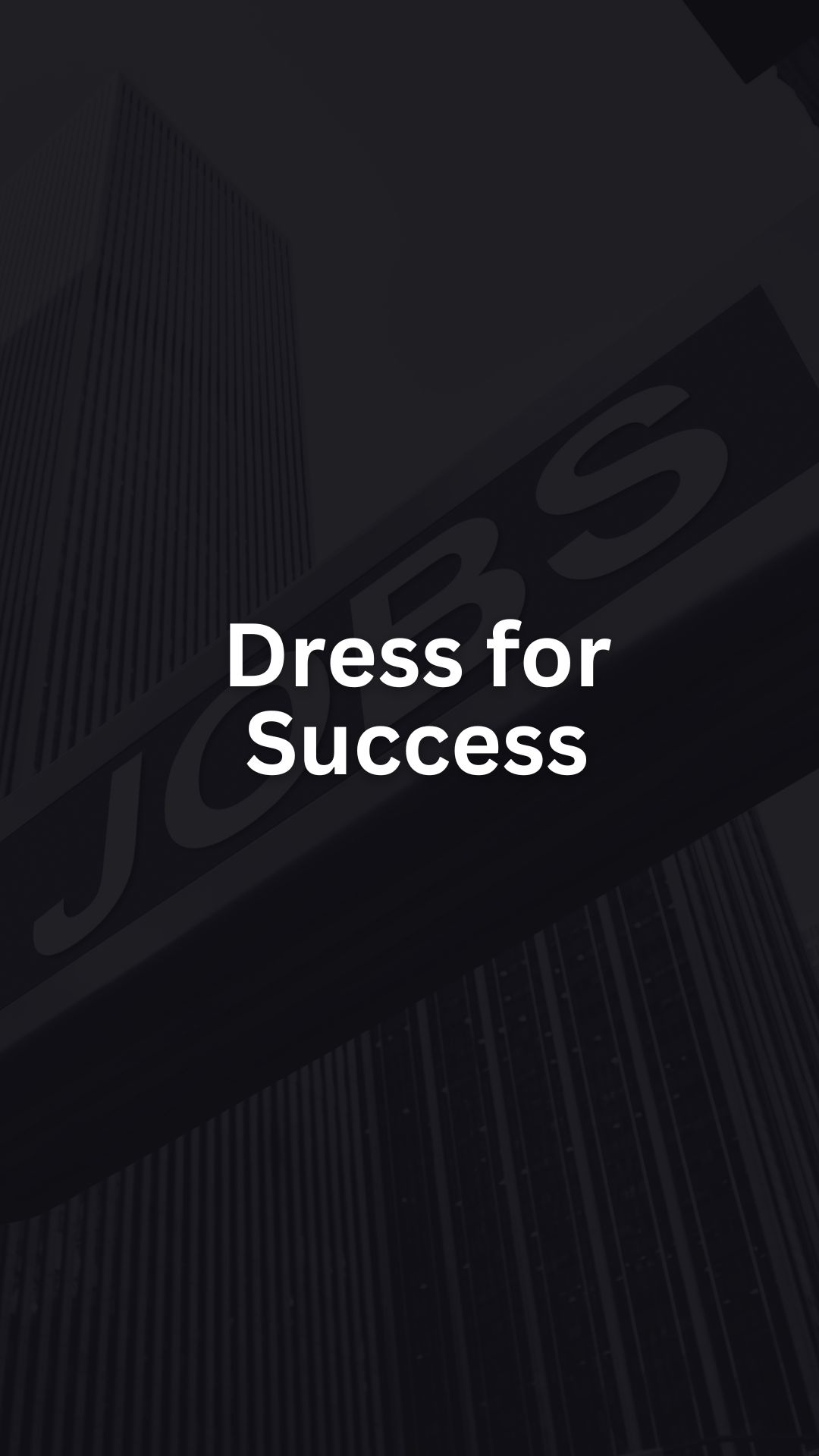
Dress for Success
When getting ready for an executive job interview, your appearance is crucial. You’ll need to dress professionally and appropriately to make a strong first impression.
Suitability
Your outfit should fit the job and company.
Research the company culture.
If you are unsure, opt for a classic business suit.
For men, a dark suit with a white shirt and a tie works well.
For women, a tailored suit or a conservative dress paired with a blazer is a safe choice.
Make sure your clothes are clean, wrinkle-free, and well-fitted.
Avoid bright colors and flashy patterns. Sticking to neutral colors like black, navy, and gray is best.
Small details, like polished shoes and a professional hairstyle, can make a big difference.
Professionalism
Your look should be polished and professional.
Grooming is key. Ensure your hair is neat and styled appropriately.
Men should be clean-shaven or have neatly trimmed facial hair. Women might consider a simple, elegant hairstyle.
Accessories should be minimal and tasteful. A watch and simple jewelry are fine.
Avoid loud or oversized accessories.
Hygiene is just as important.
Use a light scent of cologne or perfume, but don’t overdo it.
Make sure your nails are clean and trimmed.
Remember, professionalism in your attire reflects how seriously you take the opportunity.
Mental Preparation
Being mentally prepared helps you manage stress and boost your confidence. It’s key to stay calm and believe in your abilities.
Stress Management Techniques
It’s normal to feel nervous before an interview. Deep breathing can calm your nerves. Take slow, deep breaths in through your nose and out through your mouth. This helps decrease anxiety.
Exercise is another great way to manage stress. A quick jog or even a brisk walk can clear your mind. Physical activity releases endorphins, which make you feel better.
Practicing mindfulness can also be helpful. Focus on the present and avoid worrying about the future.
Apps like Headspace or Calm offer guided meditation sessions.
Make sure to get enough sleep. Aim for at least 7-8 hours the night before your interview. Sleep helps your brain function at its best.
Confidence Building
Confidence is crucial for an executive job interview. Start by researching the company thoroughly. Know its mission, recent achievements, and key players. This knowledge will make you feel more prepared.
Practice your answers to common interview questions. Use the STAR method (Situation, Task, Action, Result) to structure your responses. This shows you can handle complex situations.
Dress the part. Wearing professional attire can boost your confidence. Make sure your clothes are clean, ironed, and fit well.
Visualization is another powerful tool. Picture yourself succeeding in the interview.
Visualize shaking hands, answering questions smoothly, and receiving a job offer. This mental rehearsal can increase your self-assurance.
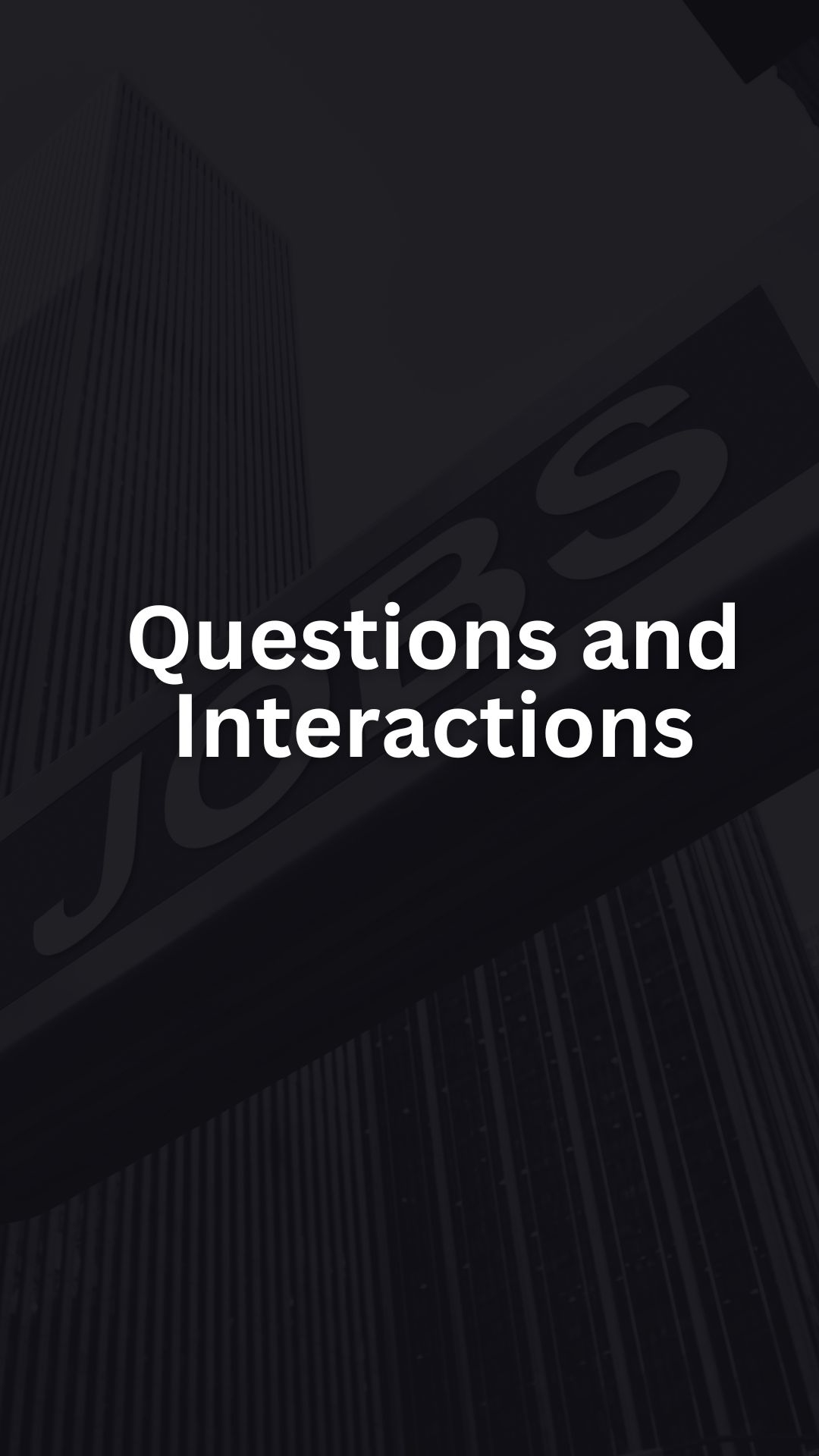
Questions and Interactions
Being well-prepared for questions and knowing how to interact during an executive job interview can set you apart from other candidates. It’s important to know what questions to ask and how to follow up effectively.
Questions to Ask
Ask smart, specific questions to show that you are highly interested in the role and the company.
Good questions might include:
- What are the company’s biggest goals for the next year?
- Can you describe the company’s culture?
- How does the company measure success in this role?
These questions help you understand the company’s priorities and values. They also demonstrate your eagerness to be a part of the company.
Bring a few questions about the team you’ll be leading. For example:
- What are the biggest challenges facing the team right now?
- How does the team currently work together?
These questions show that you’re thinking about how you will lead and support your future team.
Following Up
After the interview, send a thank-you email within 24 hours. Keep it short but personal. Mention something specific from the interview to make it memorable. For example:
- “I enjoyed learning about your plans for expanding into new markets.”
- “Thank you for explaining the team dynamics; it got me excited about the role.”
If you haven’t heard back after a week, send a polite follow-up email.
Express your continued interest and ask if there’s any additional information you can provide.
This shows your persistence and enthusiasm without being pushy. Be friendly and professional, and always double-check for any spelling or grammar mistakes before sending.
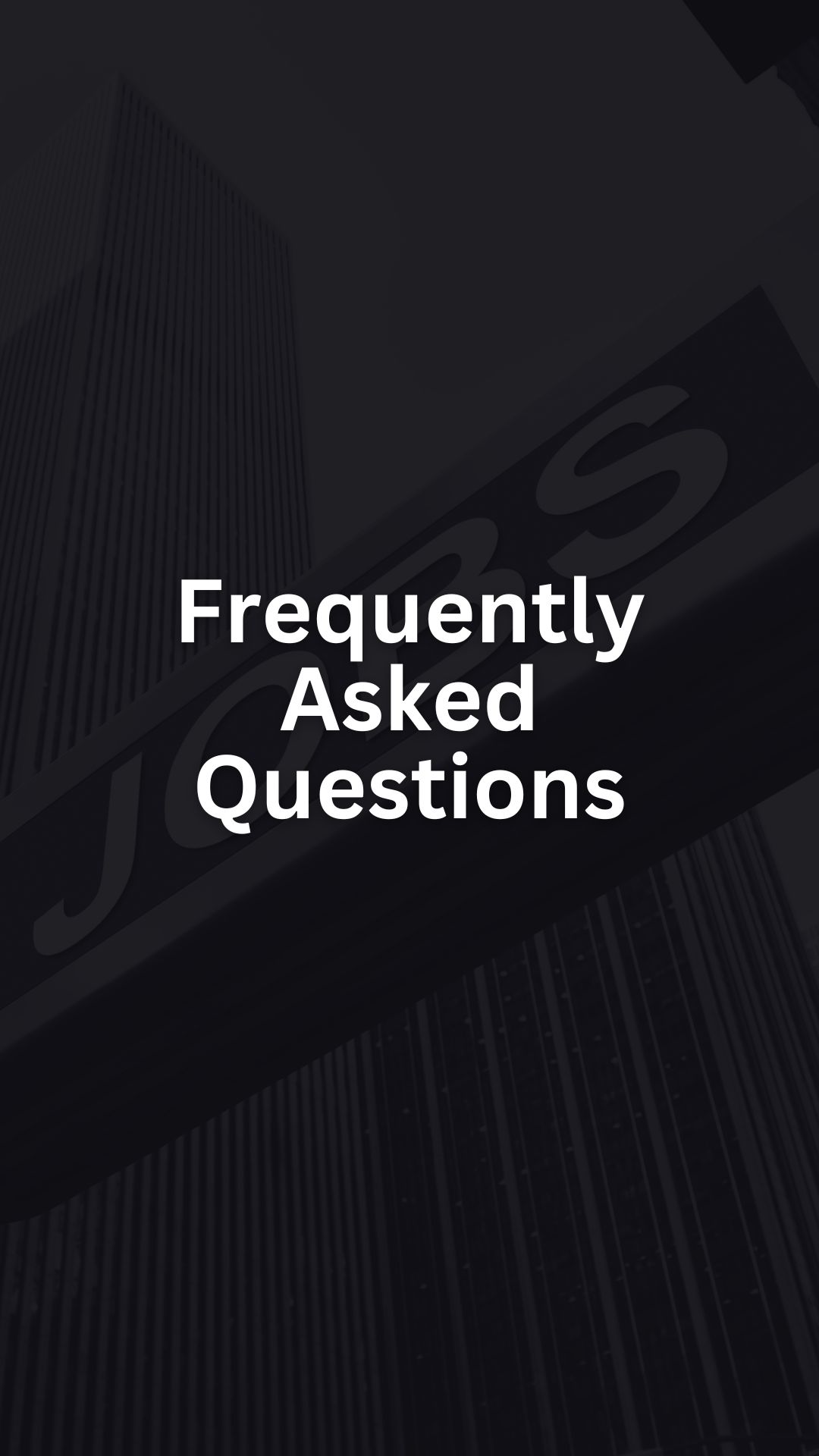
Frequently Asked Questions
Preparing for an executive job interview can be challenging. You need to show your skills, experience, and vision to stand out to top-level executives.
What are the key strategies to impress top-level executives during a job interview?
Research the company’s goals and tailor your answers to show how you can help achieve them. Dress professionally and show confidence. Highlight your leadership and decision-making skills with specific examples.
What type of questions should I expect in a high-level executive interview?
Expect questions about your past leadership experience, how you handle challenges, and your vision for the company. Be ready to discuss financial results, strategic planning, and managing teams.
How can I effectively communicate my leadership abilities in a C-suite interview?
Share specific stories where you demonstrated leadership. Focus on successful projects and your role in them. Emphasize your ability to inspire and lead a team towards achieving goals.
What are the best practices for presenting a strategic vision to a CEO during an interview?
Be clear and concise. Use data to back up your ideas. Show how your vision aligns with the company’s long-term goals. Be prepared to discuss the steps needed to implement your plan.
How do I exhibit my problem-solving skills to an executive panel?
Use real examples of how you solved complex problems in your previous roles. Explain your thought process and how you arrived at your solutions. Highlight the positive outcomes of your actions.
What techniques can help me stand out in an interview with a Vice President?
Ask insightful questions.
Show that you’ve done your homework by discussing recent company news or the VP’s own achievements.
Speak confidently about how you can contribute to the company’s success.